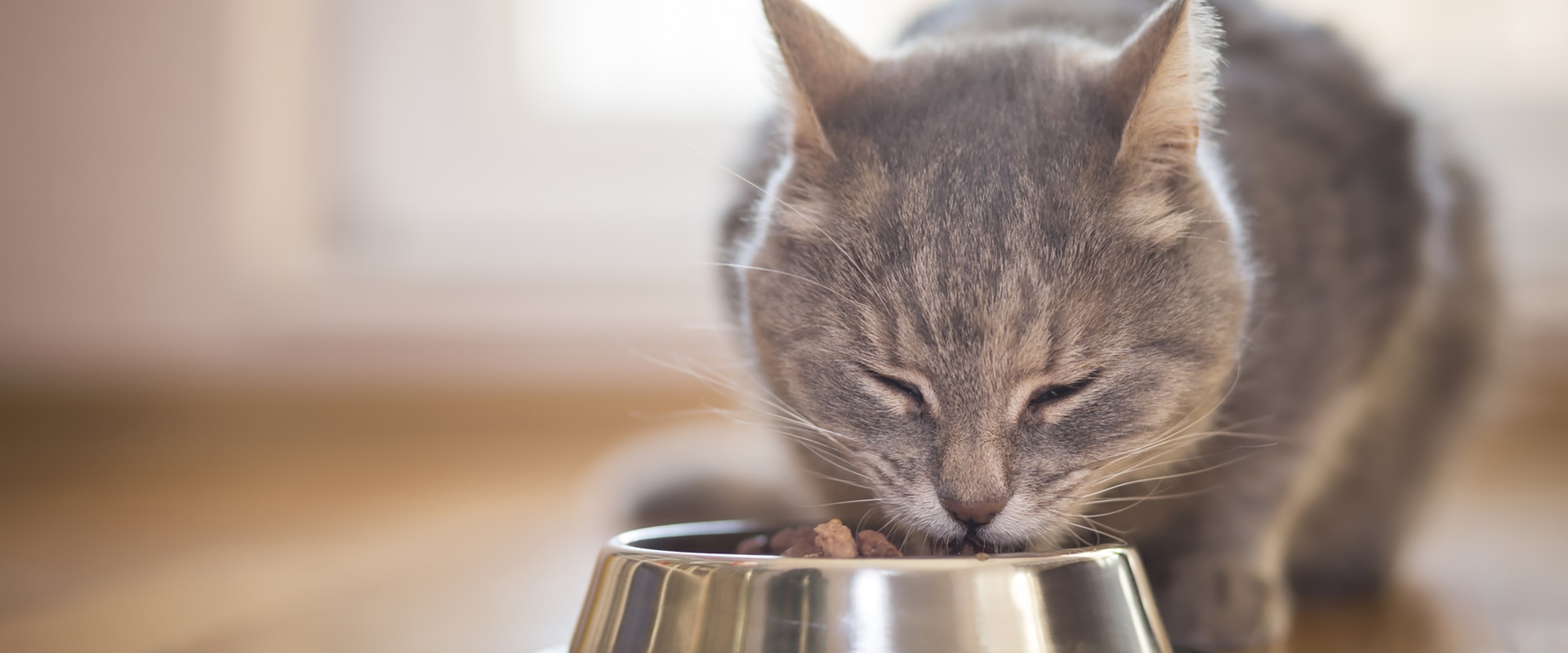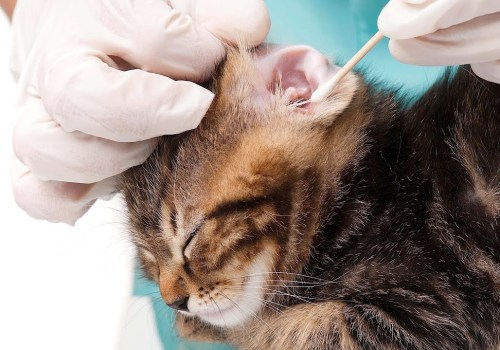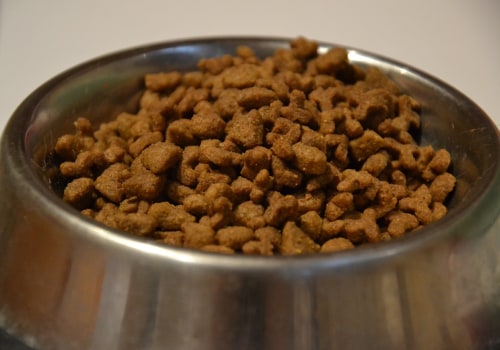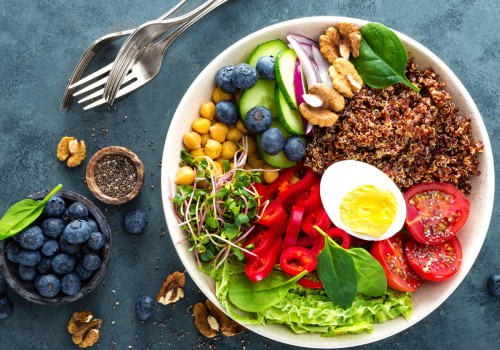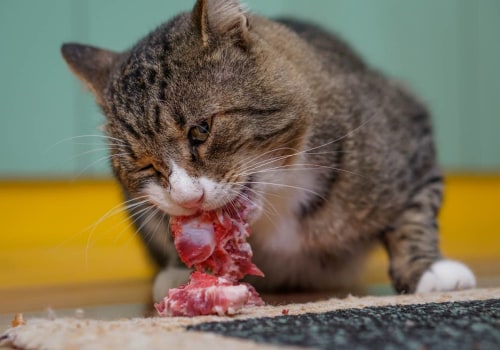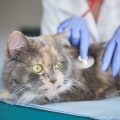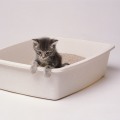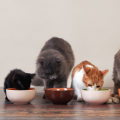For those of us who have outdoor cats, making sure they are getting the right nutrition is a priority. Feeding them a balanced diet can help ensure their long-term health and happiness. But what constitutes a balanced diet for cats that spend most of their time outdoors? In this article, we will discuss the dietary considerations for outdoor cats and what makes up a balanced meal. Providing outdoor cats with a balanced diet is essential for their health and wellbeing. Unfortunately, many owners are not aware of the dietary needs of their outdoor cats, leading to inadequate nutrition and even malnutrition.
Outdoor cats have different dietary needs than indoor cats. The main difference is that outdoor cats need more calories in their diets due to their active lifestyle. They also need more protein, taurine, vitamins, minerals, and fatty acids than indoor cats. Additionally, they need more water than indoor cats because they are more exposed to the elements.
When feeding outdoor cats, it’s important to give them a balanced diet with a variety of nutrients. This means providing both wet and dry food, as well as giving them access to fresh water. It’s also important to make sure that the food you’re providing is appropriate for their age and activity level. Kittens and senior cats have different dietary needs than adult cats, so make sure you’re providing food that is appropriate for their age and activity level.
It’s also important to provide your outdoor cats with plenty of fresh water. Cats can become dehydrated easily, especially in hot weather, so make sure you’re providing them with plenty of fresh water. You can also offer them wet food, as this will help keep them hydrated. When it comes to treats, it’s important to remember that treats should not make up more than 10% of a cat’s diet.
If you want to give your outdoor cats treats, make sure they are low in fat and calories and are nutritionally balanced. Finally, it’s important to make sure your outdoor cats are getting enough exercise. Exercise will help keep them healthy and can also help with weight management. Make sure you provide your cats with plenty of toys and activities that will keep them active and engaged.
Nutrients Needed in an Outdoor Cat's Diet
Providing outdoor cats with a balanced diet is essential for their health and wellbeing.In order to ensure your cat is getting all the nutrition they need, it's important to provide a diet that includes a variety of nutrients. This includes proteins, fats, carbohydrates, taurine, vitamins, minerals, and fatty acids. Proteins provide cats with energy and are essential for growth and development. Fats provide cats with energy and help them absorb certain vitamins. Carbohydrates provide energy and fiber, as well as other important nutrients.
Taurine is an important nutrient for cats, as it helps maintain healthy vision and heart function. Vitamins help cats stay healthy and are necessary for their growth and development. Minerals help cats maintain healthy bones and teeth. Fatty acids are essential for a cat's coat, skin, and overall health. When choosing food for your outdoor cat, look for one that is specifically designed for their nutritional needs.
Make sure it contains all the essential nutrients listed above. A high-quality diet should also have ample amounts of water to keep your cat hydrated.
Tips for Feeding Outdoor Cats
When feeding outdoor cats, there are some important tips to keep in mind: Provide both wet and dry food - By providing a variety of both wet and dry food, cats will have the opportunity to choose what they like best and get the nutrition they need.Make sure the food is appropriate for their age and activity level
- Different cats may have different dietary needs depending on their age and activity level. It's important to provide food that is suitable for their particular needs.Provide plenty of fresh water - Water is essential for cats, both indoor and outdoor. Make sure to provide plenty of fresh, clean water for your outdoor cat.
Limit treats to no more than 10% of their diet
- Treats should only be given in moderation, as they are usually high in calories and unhealthy fats.Provide plenty of exercise
- Exercise is just as important for outdoor cats as it is for indoor cats.Make sure to provide your outdoor cat with plenty of opportunities to run, play, and explore.
Nutrients Needed in an Outdoor Cat's Diet
Providing outdoor cats with a balanced diet is essential for their health and wellbeing. In order to meet their dietary needs, outdoor cats require a variety of nutrients. This includes proteins, fats, carbohydrates, taurine, vitamins, minerals, and fatty acids.Proteins are necessary for muscle health, cell repair, and the production of enzymes and hormones. Fats provide energy and help cats absorb vitamins. Carbohydrates provide energy and fiber to help with digestion. Taurine is an amino acid that is important for heart health and vision. Vitamins and minerals help keep cats healthy and strong.
Vitamin A helps with vision, vitamin D aids in bone development, vitamin E helps protect cells from damage, and vitamin B helps in digestion. Minerals like calcium and phosphorus are important for bone health, while iron and zinc are essential for red blood cell production. Finally, fatty acids are important for skin and coat health. They also help maintain the immune system and can reduce inflammation. It’s important to provide a balanced diet that meets all of these needs in order to ensure your cat is getting all the nutrients they need.
Nutrients Needed in an Outdoor Cat's Diet
Providing outdoor cats with a balanced diet is essential for their health and wellbeing. It's important to include a variety of nutrients such as proteins, fats, carbohydrates, taurine, vitamins, minerals, and fatty acids in your cat's diet.These nutrients will help to ensure your cat is getting all the nutrition they need to stay healthy and active. Proteins are an important source of energy for cats. Most proteins come from animal sources such as fish, beef, chicken, and eggs. It's important to make sure that these proteins are high-quality and not contaminated with toxins or bacteria. Fats are an important part of a cat's diet as they provide essential fatty acids. Good sources of fats include fish oil, flaxseed oil, and sunflower oil.
These fats help to keep your cat's coat and skin healthy. Carbohydrates provide energy for cats and can come from sources such as grains and vegetables. Cats do not need as much carbohydrates as they do proteins and fats, but it's important to include some in their diet. Taurine is an essential amino acid that cats need in order to stay healthy. It can be found in animal sources such as fish, beef, chicken, and eggs. Vitamins and minerals are also important for cats. Vitamin A helps keep eyesight sharp, while vitamin B helps with energy production and metabolism.
Minerals such as calcium, phosphorous, magnesium, and iron are also important for cats. Finally, fatty acids are essential for cats. Omega-3 fatty acids help to keep the coat healthy and shiny while omega-6 fatty acids help to keep the skin healthy. Good sources of fatty acids include fish oil, flaxseed oil, and sunflower oil. By providing your outdoor cat with a balanced diet that includes all of these nutrients, you can ensure they get all the nutrition they need for a long and happy life. In conclusion, providing outdoor cats with a balanced diet is essential for their health and wellbeing. Make sure to provide them with wet and dry food that is appropriate for their age and activity level, as well as plenty of fresh water and limited treats.
Additionally, make sure they get plenty of exercise to stay healthy and active. With proper nutrition and plenty of exercise, outdoor cats can live long, happy, and healthy lives.
